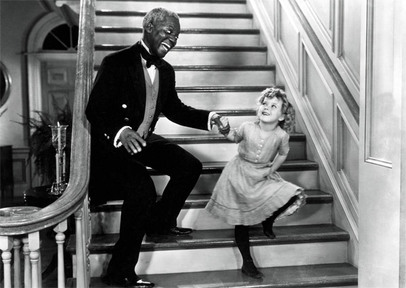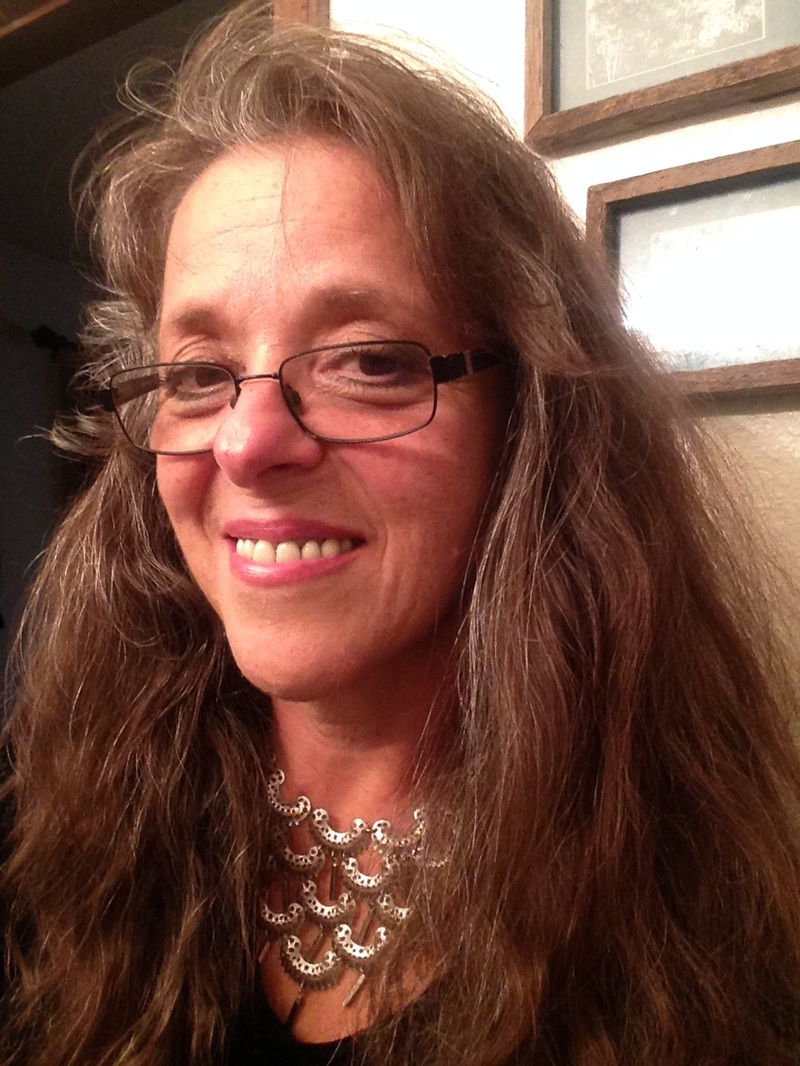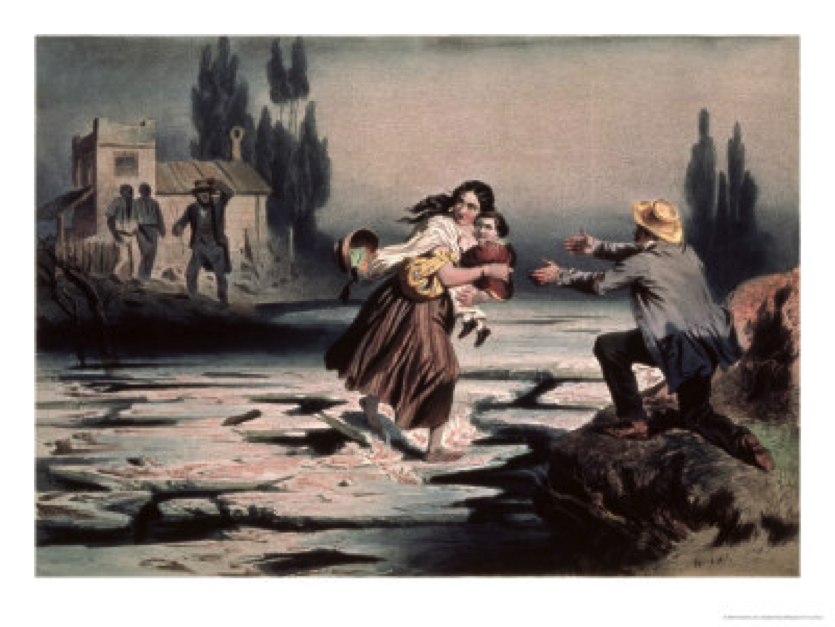 (Continued from previous post "Self-Revelation") So I was a racist. It was sobering to realize that that heinous word applied to me. I sat on the bed in my college dorm room contemplating exactly how and when that happened. It didn't just pop up out of nowhere. It had to start somewhere. So I began to go back through the years and revisit where that "superiority complex" could have taken root. I didn't find the answers immediately. It took some time. I thought about my early experiences with Black people....which were few and far between. I was born in Buffalo but moved when I was three to a small town in central New York State called Oneida with a population of about 12,000 people. In addition to growing up in a small town, we also lived in the country. My closest friend lived about 3 miles away so my daily playmates were my 4 siblings. My elementary school had one classroom per grade level up to the sixth grade, and none of the children who attended the school were Black. Everyone - students, teachers, support staff - to my recollection, was White. I am also a second generation immigrant on both my mother's and my father's side. Two of my grandparents went through Ellis Island. My mother's father heralds from Glasgow, Scotland. My father's father "came over on the boat" from Valledolmo, Italy on the island of Sicily. My father's mother was first generation Polish. Those paternal grandparents were both bilingual and it was common to hear Italian and Polish spoken on visits to my Buffalo relatives. Scottish kin came down from Canada speaking a brogue I could not yet decipher at 5 or 6 years old. The influence of where I came from played heavily into the development of my own ethnic identity. I identified significantly with my Italian heritage mostly because my last name was obviously Italian. "Parlato". But I had no first-hand experiences with Black people. My limited knowledge of what it meant to be Black came from the television, and we were a family of movie watchers. I loved seeing Shirley Temple as she tap danced with Bill "Bojangles" Robinson and other Black actors. Those Black actors sang and danced wonderfully, but were not characters of strength and power. Theirs were roles such as butlers, chauffeurs and other service oriented positions. Little Shirley Temple seemed more empowered than they did. "The Ten Commandments" cast Black actors as dancers for entertainment, as litter bearers, as conquered people. "Little Rascals" had Buckwheat with his exaggerated facial expressions and unkempt hair. And of course there was "Gone With The Wind", with Black characters that reinforced stereotypes of subservience, enslavement, and ignorance. As I grew older and the 60s started to unfold, the next round of Black people I saw were from newscasters, harbingers of negativity, criticism and fear as the issue of Civil Rights made front page headlines. In her book, "Why Are All the Black Kids Sitting Together in the Cafeteria?", Dr. Beverly Daniel Tatum states more succinctly the conclusion I arrived at. The impact of racism begins early. Even in our preschool years, we are exposed to misinformation about people different from ourselves. Many of us grew up in neighborhoods where we had limited opportunities to interact with people different from our own families. When I ask my college students, "How many of you grew up in neighborhoods where most of the people were from the same racial group as your own?" almost every hand goes up. There is still a great deal of social segregation in our communities. Consequently, most of the early information we receive about "others" - people racially , religiously , or socioeconomically different from ourselves - does not come as the result of firsthand experience. The secondhand information we do receive has often been distorted, shaped by cultural stereotypes, and left incomplete. These were the role models that as a very, young child began infusing stereotypes into how I thought I understood Black people to be. These "second hand" experiences left my thinking deformed and inaccurate. As I began to understand where my prejudices came from, and admit to myself that I was indeed, "prejudiced", I knew I needed to put myself in situations where those biases could be challenged and countered with real relationships and truth. This was a new road for me to walk. I knew it wouldn't be easy, but it did prove to be fruitful. My hope is that other White people, like I had to, become more introspective and examine what biases they might harbor because of how or where they grew up, and the experiences that influenced the development of their identity from their earliest years, forward. (To Be Continued...)
3 Comments
9/3/2020 06:22:26 pm
Racial slurs and acts of racism is still rampant in our country. I believe that there are people who do not understand that, and I just hate it. In my opinion, we all have to work and try to be better people. Race is not something that we should take into consideration when we are looking at a person. In my opinion, race should not even be talked about like it is some kind of divine thing. We have to be more human.
Reply
3/2/2023 03:24:49 am
We tend to become detached from reality during times of fatigue and lack of motivation, which in turn makes it difficult to solve problems or take the situations in our lives seriously. She incorporates humor and audience participation into her shows, making for a fun and interactive experience. In the realm of virtual magic, Kostya Kimlat is a well-known performer who uses video conferencing technology to create mind-bending illusions for audiences across the globe. Today I am going to take you through an historical event that you may have not heard of or are too young to remember.
Reply
Leave a Reply. |
Susan Parlato RevelsArchives
June 2024
Categories
All
links to other sites
www.abuacademy.com
|

































 RSS Feed
RSS Feed